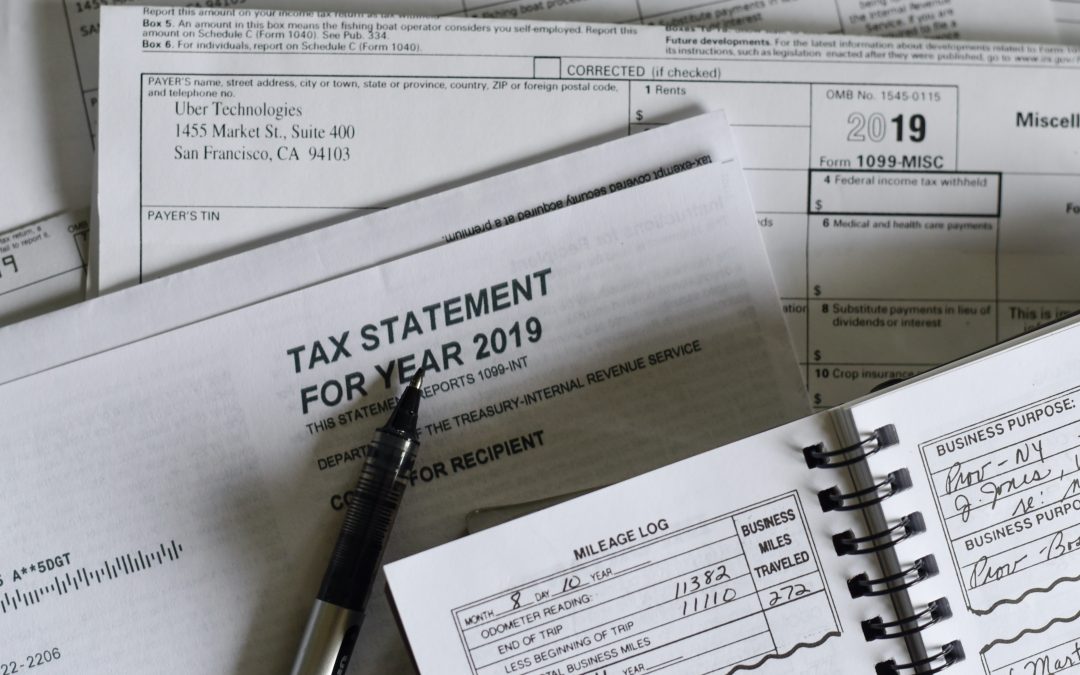As a bookkeeper, my clients and friends often ask, “does the ATO check every transaction? Is there a rhyme or reason to why a business gets audited?”
I often reply in my own cheeky way – why do birds suddenly appear?
Bringing things down to earth, the ATO doesn’t publish guidelines or ‘steps to avoid an audit’ – if they did, every bookkeeper would follow them, and the ATO audit department would have nothing to do all day!
Though ATO audits may appear random, there are types of audits a business should be aware of if they ever get pulled up for one – fingers crossed you don’t!
Are there different types of audits?
Yes – the scope of the audit can be different for every business. For one of my clients, who runs a business in hospitality, the ATO wanted all their receipts and books for the quarter. They were audited in that quarter because they got a refund for their BAS; they only started trading after a renovation in the last week of August. We had to pull out receipts for construction, big appliances, fixtures, and all the assets a venue needs to get up and running.
Another client was audited for the full year, but the ATO wanted specific receipts and invoices – and they’d never been pulled up on anything prior.
Does the ATO single out and harass certain businesses for audits?
No – but it can feel that way for some businesses.
It’s common – but not a sure thing – that once your business is audited, it may be ‘red flagged’ for audits in the future. If you aren’t doing anything underhanded and have your Xero accounting or business bookkeeping up to date and in order, you’ll pass the audit with flying colours.
Some larger not-for-profit organisations are audited every year as a matter of course, too.
Can you find out what the ATO looks for when auditing a company?
The ATO does publish advisories for personal tax returns and business tax returns for certain transactions they are more likely to scrutinise. In Financial Year 2021/22, the ATO sent warning letters to people who own substantial amounts of cryptocurrency, as crypto transactions are subject to Capital Gains Tax.
When the government increased the Instant Asset Write-Off scheme during the COVID-19 pandemic, the ATO was looking at excessive electronic purchases.
Let’s say you were a sole trader and bought three computers when you only really need one to conduct your business – what were the other two for? This could have potentially triggered an audit. That said – we can’t give a definitive answer as to what will and won’t cause a business to be audited.
How can I avoid an audit?
The best way to avoid an audit is having all your bookkeeping up to date, your Xero accounting set up correctly and recording receipts through Dext, and ensuring all your financial records can be accessed easily.
If you do your own bookkeeping and engage a tax accountant to sort out your audit, it can cost double or even triple what you’d normally pay them to process your annual tax return.
The best defence
The best insurance against an ATO audit occuring – and making sure one goes smoothly – is outsourcing your basic business bookkeeping. Contact us to help you set up your Xero and get a handle on your general bookkeeping today.


Recent Comments